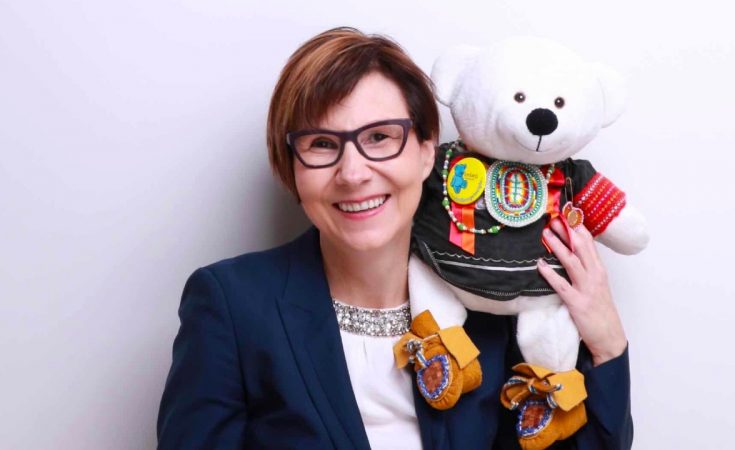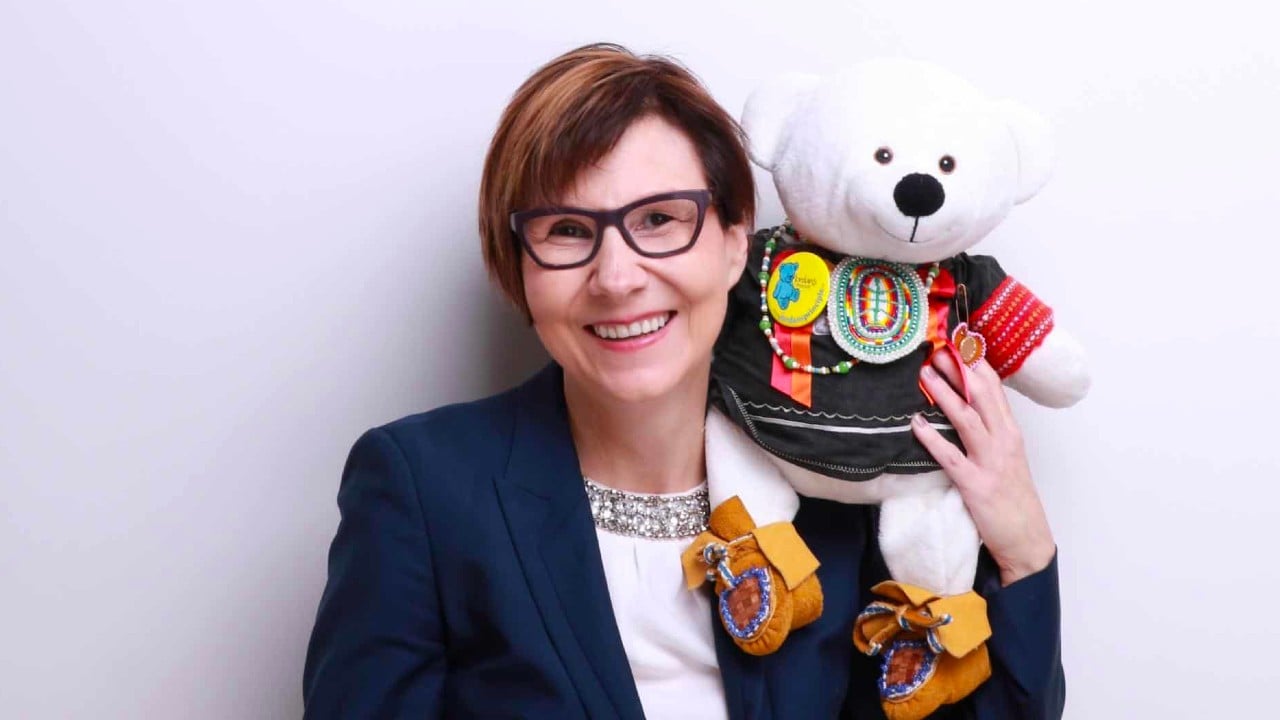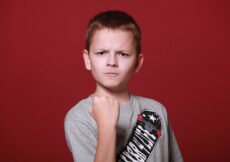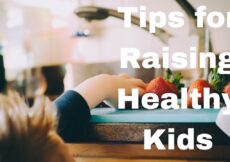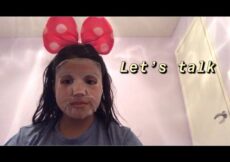The founder of The Caring Society opens up about her journey, the achievements she’s most proud of and why she always has a bag of Hawkins Cheezies on standby.
International Women’s Day is here, and this year’s theme is #BreakTheBias, where we are striving for a world without bias, discrimination and stereotypes. It couldn’t be more fitting to talk to Dr. Cindy Blackstock, who works towards those goals every single day. Blackstock leads The First Nations Child & Family Caring Society, a female-run organization that aims to ensure the rights of Indigenous children and youth.
The Caring Society ‘s primary goal is to make sure Indigenous children have equal opportunities to grow up in a safe environment, get a good education and be proud of who they are. We spoke to Blackstock to learn more.
How did you get involved with The Caring Society?
I was one of the co-founders of the Caring Society. There were several of us from across Canada that wanted to share best practices for First Nations children, youth and families and address the longstanding inequalities in federally funded public services that were contributing to more First Nations children being in state care than at the height of residential schools.
Tell us a bit about what The Caring Society does and how you’re working to #BreakTheBias.
We believe that First Nations children and families deserve culturally based and equitable public services so they can recover from the multi-generational residential school trauma. When the federal government chose not to fix the problem, we partnered with the Assembly of First Nations to file a human rights complaint against Canada in 2007.
Canada fought the case tooth and nail but the evidence of the discrimination and the harms to children was overwhelming resulting in a landmark Canadian Human Rights Tribunal decision in 2026 substantiating the complaint and ordering Canada to cease its discriminatory conduct.
Along with our ongoing work to enforce the legal order, we educate children and the public about the ongoing injustices that First Nations children and families face and engage them in implementing evidence-based solutions.
What personal challenges have you had to overcome in your role?
I was always a people person and a talker, but I was scared stiff of public speaking. For me, the adage that we are often most afraid of the talent that would help people the most was true. With the encouragement (read: push) from others, I was finally able to conquer my fear and that helped me give more to this collective effort for children.
The Caring Society has done so much to change so many people’s lives. What’s one achievement you’re particularly proud of?
Seeing children and youth of all diversities fill the Canadian Human Rights Tribunal hearings to watch the proceedings, do research and let elected officials know how they felt about the unfairness was so uplifting. At the time, I did not know how the Tribunal would decide but when I looked at the hearing room full of children and youth, I knew that First Nations children would never be alone again.
How did you feel when you found out that Ottawa will potentially pay $40 billion to compensate Indigenous children who have been harmed by child welfare?
Nervous. They have announced these kinds of things before and never delivered. I was encouraged when the government finally acknowledged the discrimination was ongoing in the fall of 2021 because they had always tried to say it was historical. Acknowledging the problem was the first step to fixing it and now we need to see the $40 billion actually paid out in services and for the government to reform itself so it does not hurt another generation of First Nations children.
We live in a society where women, particularly women of colour and Indigenous women, are still marginalized in the workforce. How does it feel working on a team led and run by women? And what advice do you have for young women hoping to make a difference one day?
I have been blessed with some great strong female Elders like Alanis Obomsawin, Landon Pearson and my own mom. They made it clear: Lead with love, be courageous, focus on doing right instead of trying to be right and don’t let mansplaining get in the way of the work for children. Keep a bath bomb and a bag of Hawkins Cheezies on standby for the tough days.
Is there a memory from your years with The Caring Society that you’ll never forget?
Jordan River Anderson. He was a child from Norway House Cree Nation that spent over 2 years unnecessarily in the hospital because governments could not agree on who should pay for his at-home medical care because he was a First Nations child. Jordan died waiting and his family created Jordan’s Principle in his name so that First Nations children can get the public services they need when they need them.
It passed unanimously in Parliament in 2007 but the government never implemented it so it was included in the Canadian Human Rights Tribunal case. Thanks to Jordan, his family and the litigation, over 1.2 million Jordan’s Principle services, products and supports have been provided to First Nations children since 2017.
How has the pandemic affected your work with Indigenous youth and their families?
First Nations children and families were at higher risk for COVID due to water shortages, inadequate housing, and other inequalities, particularly on reserve, so we had to step up and help. We retooled all our education and engagement campaigns to be COVID safe, developed culturally based public health information for children and advocated for more support for young people in care and their families. While we did what we could, we are so grateful to all the essential workers for all they did to keep us all safe!
The Caring Society works hard to engage young people, and you’ve written a number of wonderful children’s books. How can parents make sure their kids are aware and get them involved?
Spirit Bear is our official Caring Society Am”bear”rister. He represents all of the First Nations children and all of the other children who have stood up for justice at the Tribunal, for Jordan’s Principle and more. Spirit Bear has four books, all of which have First Nations language translations, that tell the true story of how children came together to learn from the past and take action to implement the Truth and Reconciliation Commission’s Calls to Action.
We were very excited to partner with Spotted Fawn productions and many of the children who we have worked with over the years to create two animated films based on the books. In 2021 we released Spirit Bear and Children Make History, telling the story of Jordan’s Principle and the Tribunal. Later this year look for Spirit Bear’s new film called Spirit Bear: Fishing for Knowledge Catching Dreams about residential schools and the inspiring story of Attawapiskat teen education advocate Shannen Koostachin. All the books and films have free learning guides too!
You are one busy woman! How do you like to unwind?
I love baking, travelling (when the pandemic allows), and shopping for vintage fashion. Long walks are good too—without earphones so I can hear nature’s orchestra!
Stay in touch
Subscribe to Today’s Parent’s daily newsletter for our best parenting news, tips, essays and recipes.

